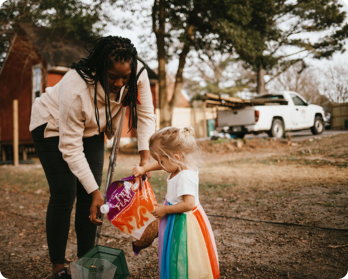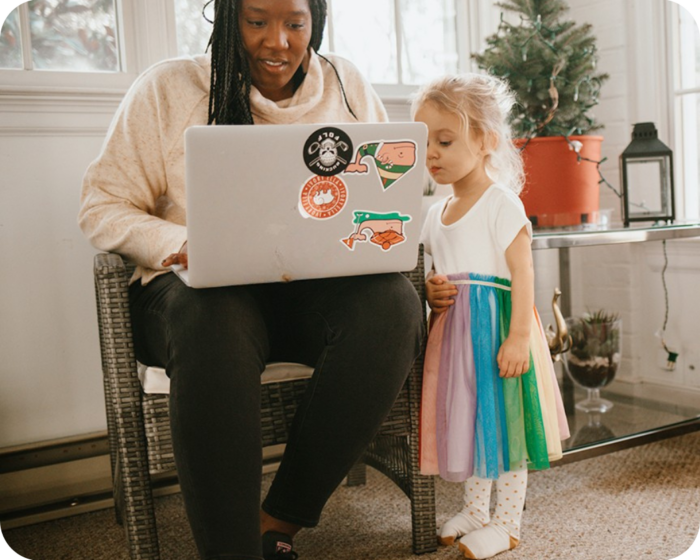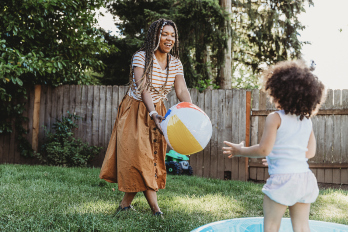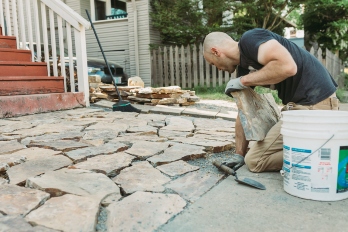Regardless of where you live, power outages are always a possibility. In fact, the average U.S. home loses power at least once per year.
If losing electricity isn’t enough excitement for you, it tends to occur during extreme weather like a hurricane or winter storm, making the ordeal even more stressful.
The good news? There are simple steps you can take to keep yourself and your home safe when the power goes out:
1. Preserve your cellphone battery
Communication is key during any emergency. While you may be tempted to pass the time playing games on your phone, it’s best to shut down all of your applications, turn off location services, and dim the screen. If you have multiple phones in your home, leave only one on at a time to preserve as much battery life as possible.
(Have power but worried you might lose it? Here’s how to prepare for a power outage.)
2. Unplug electronics and appliances
When the power comes back on, it can send a surge of electricity through your home. Power surges, while relatively rare, can damage electronics and appliances. To be careful, unplug them when you lose electricity. (It won’t make much of a difference since they can’t turn on anyway.) This way, you can rest assured there won’t be any damage after the outage.
3. Keep your refrigerator doors closed
Keeping food fresh can be difficult during a power outage. A refrigerator can keep food cold for about four hours without electricity — maybe a little longer if you have a full freezer. Each time you open the doors, the cold air trapped in your fridge escapes, reducing the length of time your food will stay good.






